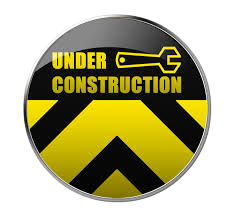All Categories
- Home
- About
- Search
-
Reports
Reports
close reports menu- Reports Overview
- HHS COVID-19 Funding
- Total Assistance
- Other Financial Assistance
- Grants by OPDIV
- Grants by Recipient Class
- Grants by Activity Type
- Grants by Location - US/World
- Grants by Location - US by Metro/Non-Metro
- Assistance Listings Summary
- Recipient Summary Report
- Award Summary Report
- TAGGS Annual Reports
- Data Submission
 Tuesday, July 1, 2025
7/1/2025
Tuesday, July 1, 2025
7/1/2025
Website Under Maintenance

TAGGS is currently offline while undergoing system maintenance.
Maintenance Start: 7/1/2025 9:00:00 AM EST
Maintenance End: 7/1/2025 11:00:00 PM EST
We apologize for this inconvenience.
Thank you,
The HHS TAGGS Team

HHS’ Tracking Accountability in Government Grants System (TAGGS) website provides access to detailed descriptions of grants, loans, aggregated direct payments and other types of financial assistance awarded by the HHS Operating Divisions (OPDIVs) and the Office of the Secretary Staff Divisions (STAFFDIVs).
Department of Health & Human Services
- About HHS
- Accessibility Statement
- Grants & Funding
- Health.gov
- HHS
- HHS Agencies
- HHS Organization Chart
- Privacy Policy
- Programs & Services
- Vulnerability Disclosure Policy
HHS Operating Divisions
- Administration for Children & Families (ACF)
- Administration for Community Living (ACL)
- Administration for Strategic Preparedness and Response (ASPR)
- Agency for Healthcare Research & Quality (AHRQ)
- Agency for Toxic Substances & Disease Registry (ATSDR)
- Centers for Disease Control & Prevention (CDC)
- Centers for Medicare & Medicaid Services (CMS)
- Food & Drug Administration (FDA)
- Health Resources & Services Administration (HRSA)
- Indian Health Service (IHS)
- National Institutes of Health (NIH)
- Substance Abuse & Mental Health Services Administration (SAMHSA)
U.S. Department of Health & Human Services | 200 Independence Avenue, S.W. Washington, D.C. 20201
